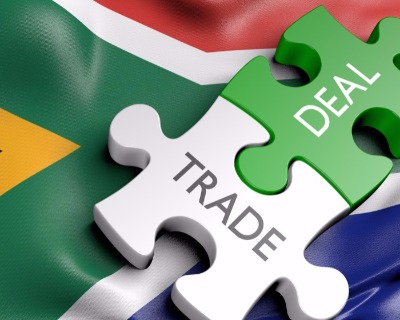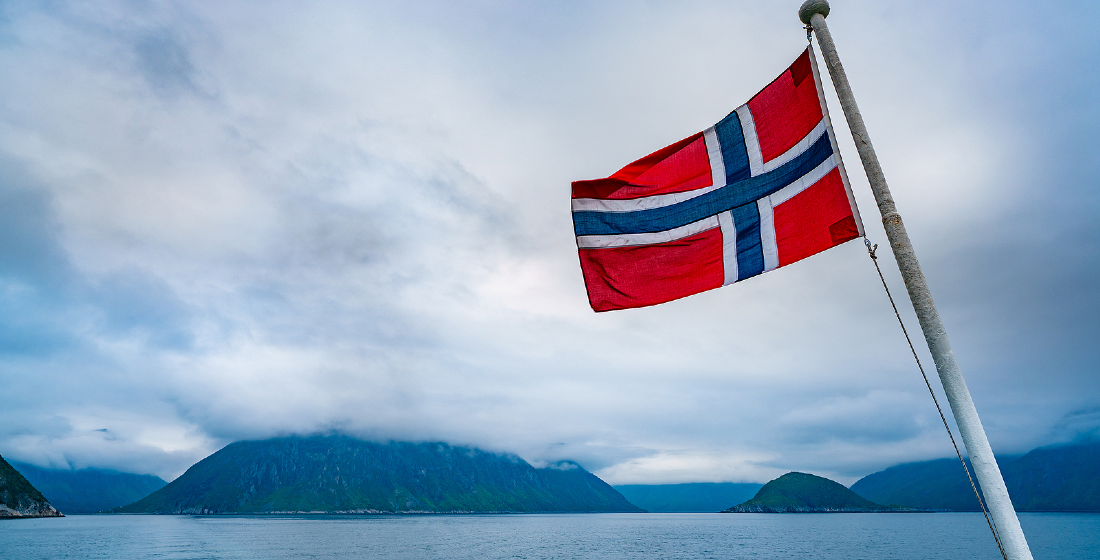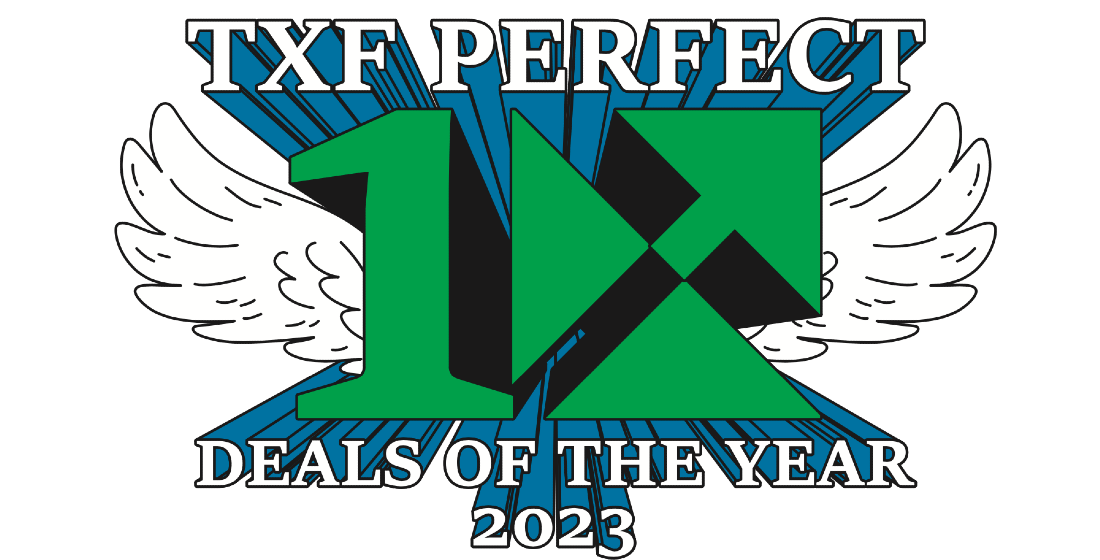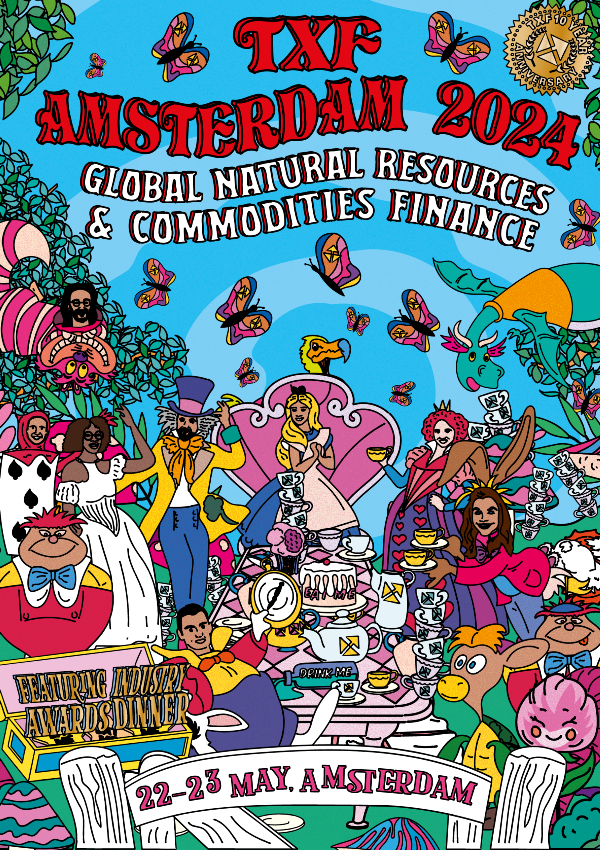ECIC and South African exporters revitalise the export effort
At the TXF Cape Town conference in October, Kutoane Kutoane, CEO, Export Credit Insurance Corporation of South Africa (ECIC) took time out to talk with TXF editor-in-chief, Jonathan Bell, about the changing focus of ECIC and the new push now being made for South African exports with a greater emphasis on markets across the African continent.

“Since ECIC was formed some 16 years ago, we have worked as a traditional ECA with the bulk of our emphasis on sub-Saharan Africa. The emphasis placed on our support for South African exports has changed considerably as the country’s industrial sector has changed over the years. Today, we are more focused, and the onus on exporting has become much more important,” says Kutoane.
Naturally, South Africa has a wealth of goods, equipment, expertise and services to offer the rest of sub-Saharan Africa, and the country’s drive to make inroads into these markets goes hand-in-hand with industrialisation programmes taking place. The government is only too aware of the need to develop industries, and in turn jobs and exports to ensure that the country climbs out of the recent recession.
Comments Kutoane: “The government’s drive to increase industrialisation and job creation throughout the country is something that we are heavily supporting in the push to increase capital equipment exports. But at the same time, this industrialisation also goes hand-in-hand with more traditional processed goods such as value-added processed foodstuffs, consumer goods and other processed materials.
He adds: “We now also have a new integrated national export strategy, which is good for South Africa. This has brought much more clarity into the export framework. The strategy also brings together all participants involved in the export chain or cycle including those involved in the technical side, policy and financing to provide a united approach for the promotion of South African trade and exports.
“The diversification of South Africa’s industrial base is an essential element of the industrialisation plan, and this goes well in meeting some of the requirements of other sub-Saharan African countries without such an advanced industrial base. “In the past we had a heavier concentration of transactions within the mining sector, largely because of South Africa’s competencies in that industry. We have followed South African companies in the building of mines in neighbouring countries, the export of technical and logistical support, the supply of mining-related equipment and dump trucks etc, but you can’t rely on this as the times have changed,” he says.
“And this has been demonstrated since the 2015/16 crisis and the downturn or severe fluctuation in some commodity prices. However, we cannot rely on mining only, you have to diversify your portfolio. As such, the current strategy, has been to look well beyond that and diversify the raft of industries and companies that we are supporting with the aim of the diversification of our portfolio and wider support for South African exporting companies.”
Kutoane adds: “In this regard, we are now working with companies in key industrial sectors such as oil and gas, transportation and the power sector, for example. And beyond this, we are looking, and already supporting South African exporting companies involved in boatbuilding, telecoms and other new technologies. Recent successes within the African continent have been in a range of markets including Nigeria, Mozambique, Zimbabwe and Zambia.”
As an example of the development of infrastructure to help boost trade, ECIC is involved in the long-term financing of the Nacala transport corridor which runs through Malawi to the Nacala port in Mozambique. ECIC support also extends beyond the financing of the transport network and provides the support for rolling stock as well. In Sierra Leone, and working in partnership with Standard Bank, ECIC has provided critical support to Grindrod to enable them to supply locomotives and wagons to the Tonkololi mine. ECIC is also supporting rail locomotive exports in markets such as the DRC, Zimbabwe and Zambia.
“Developing some of the support for these other sectors has allowed us to go into markets that are relatively new for us,” says Kutoane. We are pushing into the oil and gas sector, construction, telecommunications, transportation and of course power sectors quite strongly as our companies make inroads in new markets. We are looking at power projects in Ghana and Mozambique, and other possibilities in Zambia and Zimbabwe. And in the realm of new technologies we are working with a number of companies. For example, we are exploring export opportunities with Senet and their technological processing with metals and ores, for example.
We have some other sectors which are fairly niche, and this includes boatbuilding, for example, which is a national priority as a key industry and skilled job creator. As an example of work in this sector, we have recently supported the South African boatbuilding firm Nautic in Senegal in West Africa. We had previously done business with them in Ghana. In addition, we are also looking at some export potential in Cote d’Ivoire. These are all West African markets which allows us to push into territory where we haven’t had that much of a presence in the past. Success will lead to further success and a broader spread of new markets for us and the South African companies we are supporting.”
These types of project resonate with the mandate of ECIC to facilitate export trade between South Africa and the rest of the continent, with a clear industrial development agenda that is mutually beneficial to the South African economy and the host countries.
In a regional power sector example, in Mozambique ECIC supported South African exporters in the development of the 120MW gas-fired power station at Ressano Garcia. That $200 million investment was also a first step in the harnessing of Mozambique’s huge natural gas resources not only for the benefit of Mozambique and its people, but also for whole of the Southern African region. ECIC collaborated with MIGA on the project. Standard Bank was the commercial funding bank.
ECIC is keen to demonstrate its competitiveness. Kutoane explains: “We can be much more competitive than many other countries outside of Africa because we are able to utilise the bilateral relations that already exist with many of our trade partners, particularly where we have a relation through a free trade zone. In addition, we can easily work with other ECAs where we could act as co-insurers, and being on the ground it is easier for us to deal with any problems that might spring up.”
In an example of recent alliances that ECIC is making to help further the cause of South African exporters, a tie-up with Afreximbank is under way. ECIC is currently negotiating an agreement with Afreximbank that will be arranged through a shareholding on behalf of the South African government.
Says Kutoane: “South Africa wants to utilise all regional arrangements and agreements to help further the cause of South African investments and exports across the continent. This goes beyond normal cooperation arrangements with Afreximbank. It will allow South African exporters to have much wider access to a broader pool of financing, as well as technical expertise. Under this we will look to work with structured trade finance programmes that Afreximbank has adopted to help promote exports. This is something that we must have, and negotiations are at a very advanced stage.”






